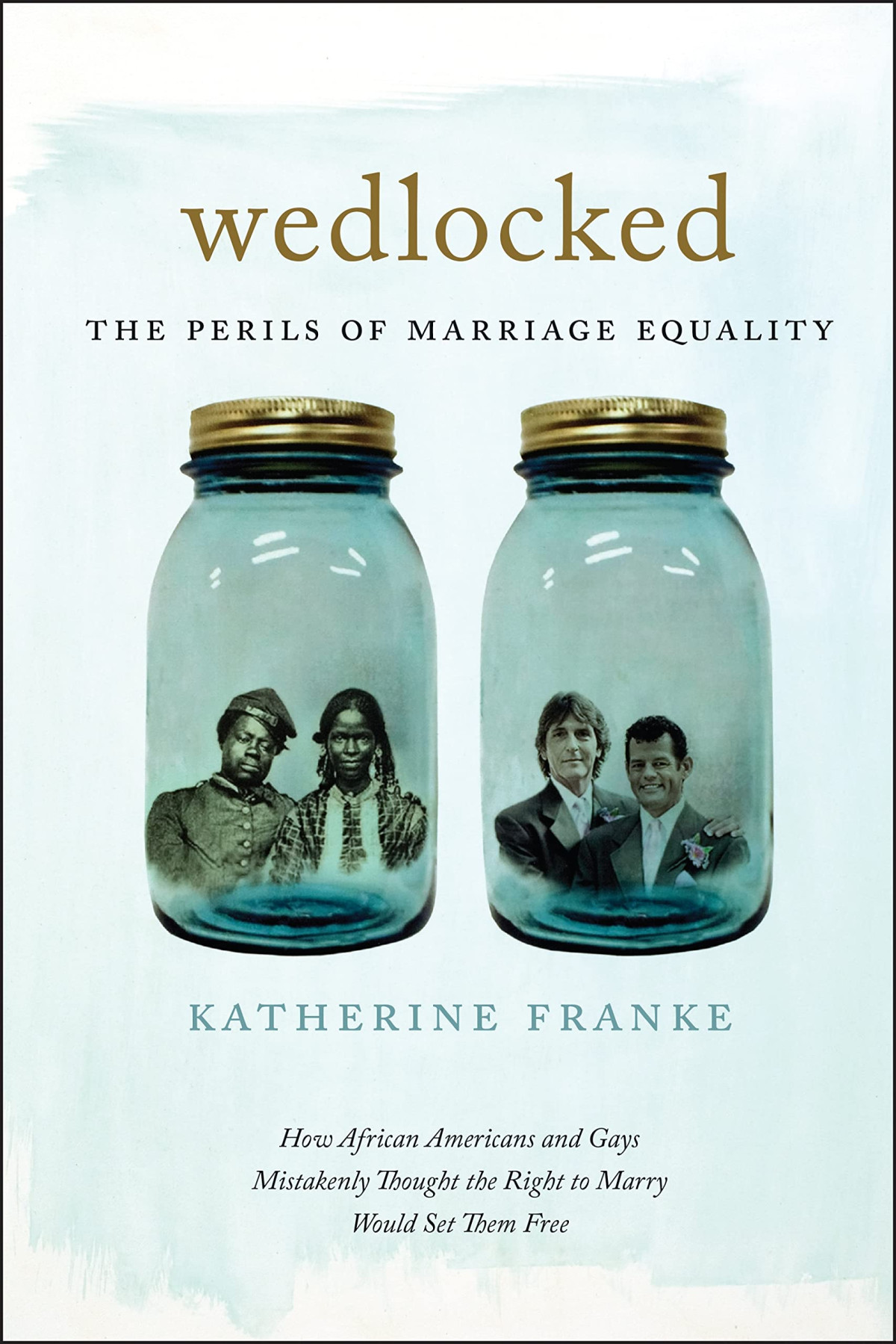

Most ebook files are in PDF format, so you can easily read them using various software such as Foxit Reader or directly on the Google Chrome browser.
Some ebook files are released by publishers in other formats such as .awz, .mobi, .epub, .fb2, etc. You may need to install specific software to read these formats on mobile/PC, such as Calibre.
Please read the tutorial at this link: https://ebookbell.com/faq
We offer FREE conversion to the popular formats you request; however, this may take some time. Therefore, right after payment, please email us, and we will try to provide the service as quickly as possible.
For some exceptional file formats or broken links (if any), please refrain from opening any disputes. Instead, email us first, and we will try to assist within a maximum of 6 hours.
EbookBell Team

4.1
30 reviewsCompares today’s same-sex marriage movement to the experiences of black people in the mid-nineteenth century.
The staggering string of victories by the gay rights movement’s campaign for marriage equality raises questions not only about how gay people have been able to successfully deploy marriage to elevate their social and legal reputation, but also what kind of freedom and equality the ability to marry can mobilize.
Wedlocked turns to history to compare today’s same-sex marriage movement to the experiences of newly emancipated black people in the mid-nineteenth century, when they were able to legally marry for the first time. Maintaining that the transition to greater freedom was both wondrous and perilous for newly emancipated people, Katherine Franke relates stories of former slaves’ involvements with marriage and draws lessons that serve as cautionary tales for today’s marriage rights movements. While “be careful what you wish for” is a prominent theme, they also teach us how the rights-bearing subject is inevitably shaped by the very rights they bear, often in ways that reinforce racialized gender norms and stereotypes. Franke further illuminates how the racialization of same-sex marriage has redounded to the benefit of the gay rights movement while contributing to the ongoing subordination of people of color and the diminishing reproductive rights of women.
Like same-sex couples today, freed African-American men and women experienced a shift in status from outlaws to in-laws, from living outside the law to finding their private lives organized by law and state licensure. Their experiences teach us the potential and the perils of being subject to legal regulation: rights—and specifically the right to marriage—can both burden and set you free.